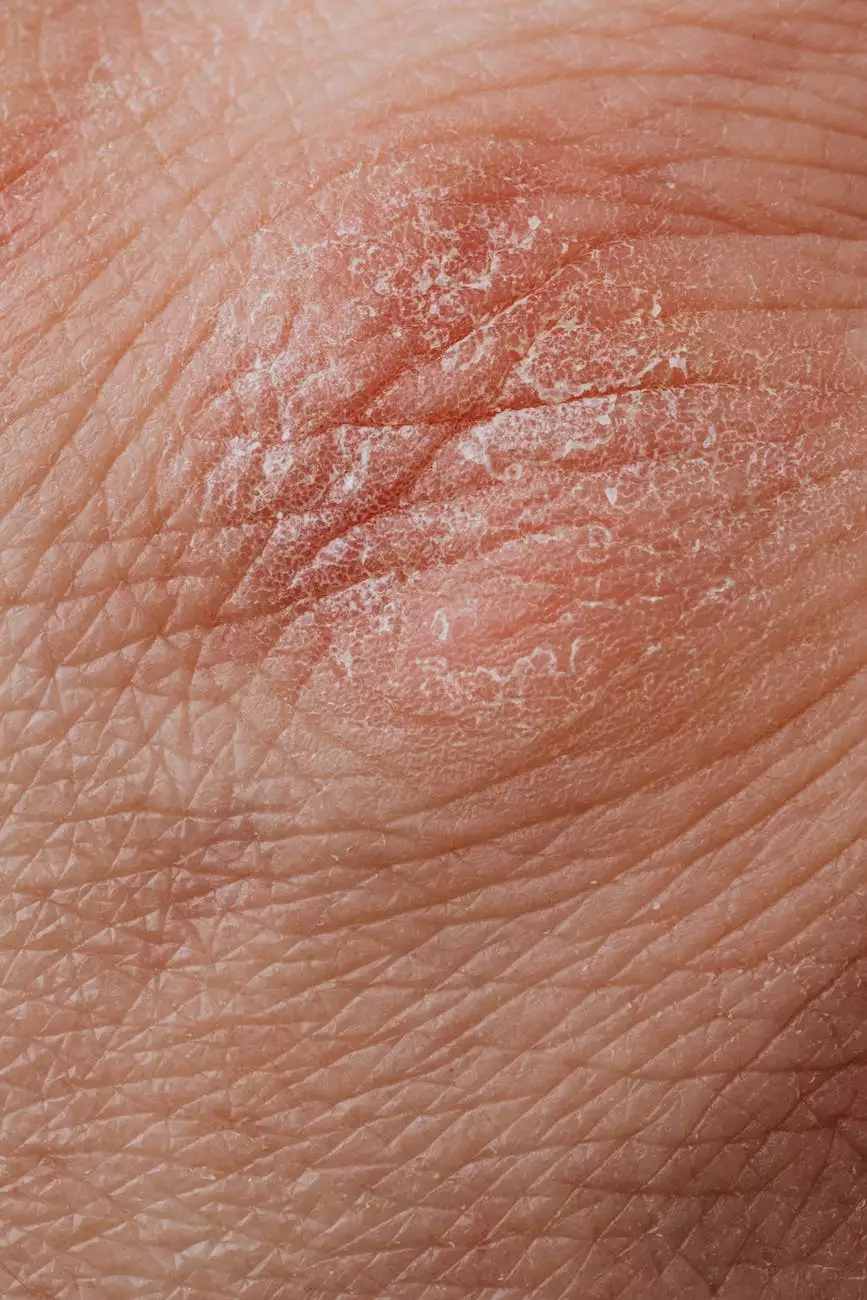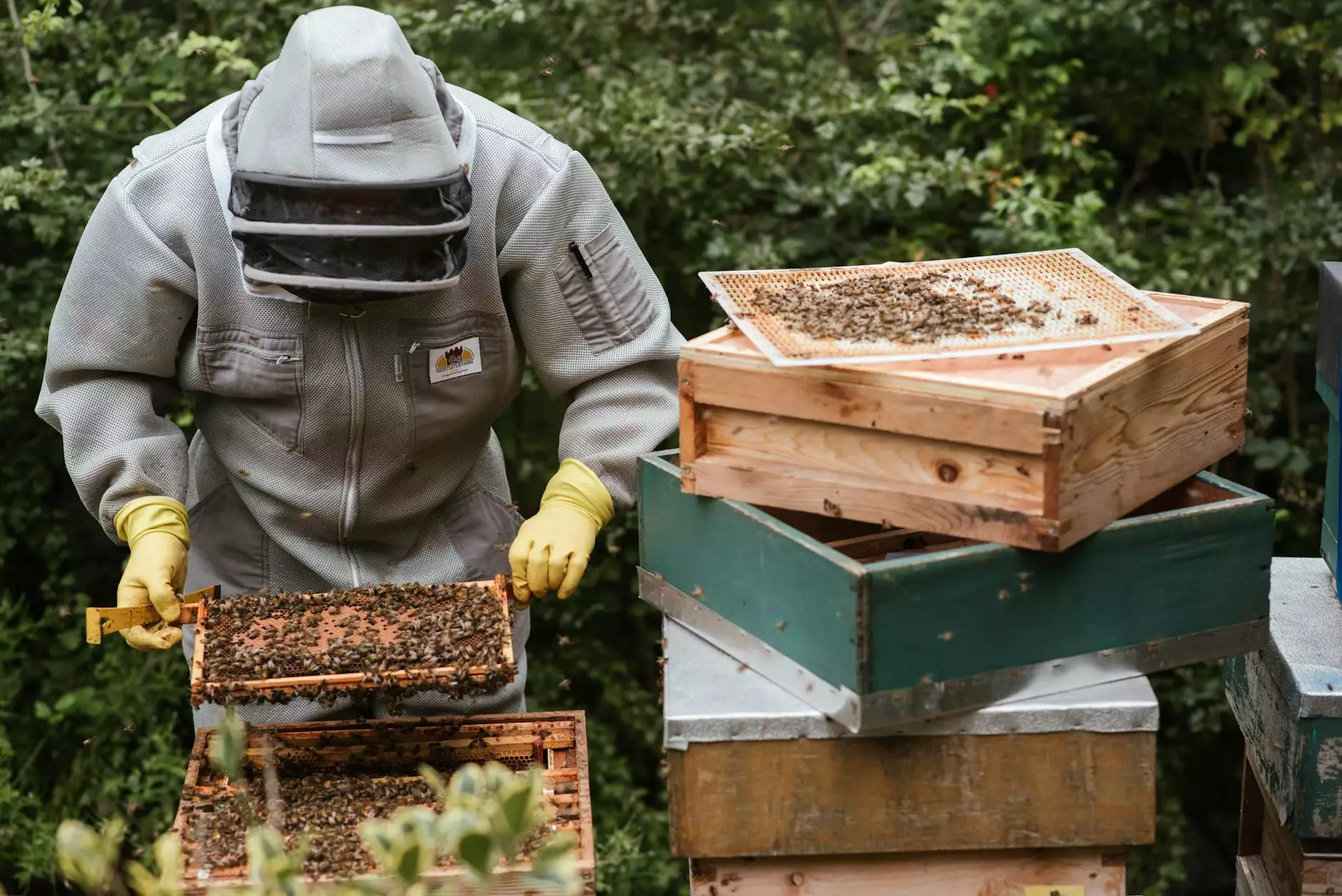Arsenic and Rice: What You Need to Know
Blog
Rice Consumption and its Popularity
Rice, being one of the most widely consumed staple foods across the world, holds a significant position in various cuisines. However, recent studies have shed light on potential concerns regarding the presence of arsenic in rice, raising questions about its impact on human health. At Bowling Orthopaedics, we believe in providing you with comprehensive information to help you make educated choices for your well-being.
The Link Between Arsenic and Rice
Arsenic is a naturally occurring element found in soil, water, and air. It exists in two forms: organic and inorganic. The inorganic form, specifically arsenic trioxide, is considered more toxic and has been associated with adverse health effects.
As rice is grown in water-flooded environments, it absorbs arsenic more readily from the soil. This makes it susceptible to higher arsenic levels compared to other crops. Ongoing research has shown that rice tends to accumulate higher concentrations of inorganic arsenic, primarily in the outer layers of the grain.
Potential Health Risks
Exposure to long-term, elevated levels of arsenic has been linked to various health issues. These include but are not limited to:
- Cancer: In some cases, arsenic exposure has been associated with an increased risk of cancer, including skin, lung, bladder, and kidney cancers.
- Cardiovascular complications: Studies suggest a potential connection between chronic arsenic exposure and an increased risk of heart disease, high blood pressure, and atherosclerosis.
- Neurological effects: Prolonged exposure to high levels of arsenic may impact the central nervous system, potentially leading to learning difficulties, decreased cognitive function, and developmental delays.
- Reproductive and developmental issues: Arsenic exposure has been associated with increased risks of adverse reproductive and developmental outcomes, including impaired fetal growth, preterm birth, and infant mortality.
Safe Rice Consumption Guidelines
While the potential health risks associated with arsenic in rice might seem concerning, it is important to note that the current evidence does not necessitate completely avoiding rice consumption. Instead, practicing moderation and making informed choices can help minimize potential exposure to arsenic. Here are a few guidelines to consider:
1. Diversify Your Diet
Include a variety of grains, such as wheat, quinoa, millet, and barley, alongside rice. This helps mitigate excessive exposure to arsenic from a single source.
2. Rinse Rice Thoroughly
Prior to cooking, rinse rice thoroughly with water to reduce surface-level arsenic. This practice can help eliminate around 10-30% of the arsenic content present in rice, although it will not eliminate it entirely.
3. Cook Rice in Excess Water
Cooking rice in excess water (using a ratio of 6 cups water to 1 cup rice) and draining the excess water afterward may help decrease arsenic levels by about 30%.
4. Choose Rice Wisely
Opt for rice varieties that tend to have lower arsenic levels, such as basmati, jasmine, or sushi rice. Additionally, consider purchasing rice from reliable sources known for testing and monitoring arsenic levels in their products.
5. Consider Organic Options
Organic rice cultivation practices often involve less reliance on arsenic-containing pesticides and fertilizers. Therefore, choosing organic rice may minimize potential exposure to arsenic.
6. Pay Attention to Baby Food
Infants and young children are particularly vulnerable to the effects of arsenic exposure. When preparing baby food, it is advisable to follow safe water-to-rice cooking ratios and use types of rice known to have lower arsenic content, such as white basmati rice.
Conclusion
At Bowling Orthopaedics, we understand the importance of being well-informed about the potential risks associated with rice consumption and its relationship to arsenic exposure. By practicing moderation and employing helpful strategies, you can continue to enjoy rice as part of a varied and balanced diet. Should you have specific concerns or require further guidance, our team is dedicated to assisting you in making choices that prioritize your health and well-being.










